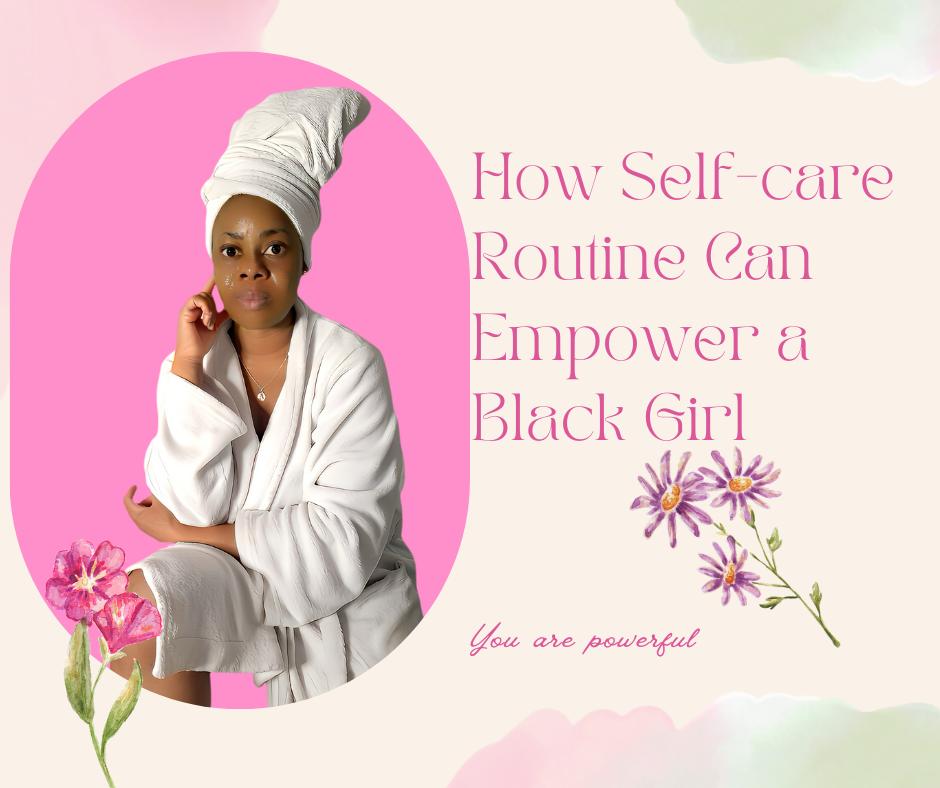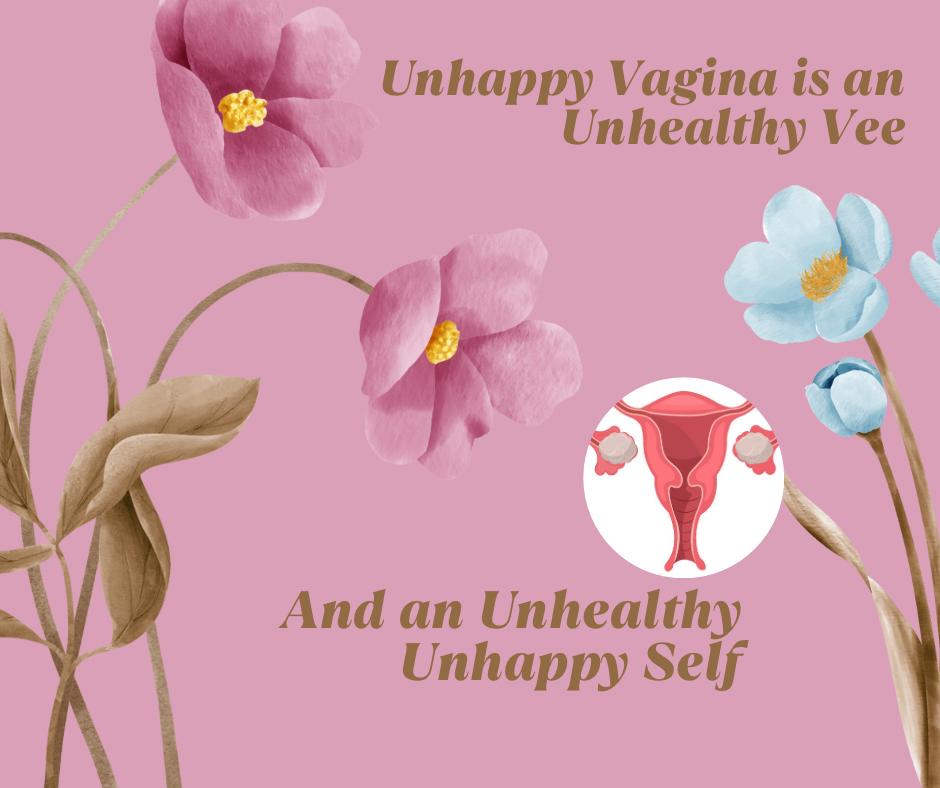I was visiting my friend who has a 12 year old girl. This 12 year old was telling her mother about dating and she was screaming and cursing, “where did you get this”, “get out of here” and so on. I wasn’t surprised. It’s typical. Since I had a class on sex education and how to deal with kids that age, I told her, “You can tell it better than anyone else out there. She replied “No way” She has to face her book.
Of course she has to face her book, but what you may not know is that sex education has become part of the curriculum and there are other teens out there from other homes with a different parenting culture that can influence your teen. In addition, there are influencers on social media who could be doing the influencing as well.
Talking to your child about sex education may sound like a taboo, but doing it in your own way can help build a trusting relationship and self-confidence. No one can tell it better than you.
What is sex education?
When I first heard about sex education, I freaked out until I realized it was more than I thought.
Sex education is empowerment, information-rich knowledge about body awareness, relationships with the other person and how to manage them, behavior and decision making, communication, sexual health such as STDs, and cultural values regarding who you are.
Nigerian parents freak out when they receive surprising questions from their teens. They punish these teens for asking these questions, creating a life of fear and distance between them and their children. Where I come from, talking about sex is a taboo subject. In fact, in many households, it is taboo to name your private parts by its name. I usually called it “what I use to pee.”

When I was a teenager, I didn’t have the opportunity to use social media. My parents never told me about relationships, dating, and sex. I grew up learning from friends. Such knowledge probably would have empowered me and allowed me to make the right choices.
Many parents would like to talk to their children about sex education, but the problem is always how? Below are tips that can help you break the ice for such a conversation.
Take advantage of a situation – when your child turns 8 or 9 and or 10, he or she starts to experience some changes, such as breast development, menarche – the first period – and other physical changes. It’s time for you to take advantage of this situation and engage her in conversation, such as taking her bra shopping for the first time and letting her make the selection. While she tries them on, take advantage of the time by admiring them and telling her what it was like in your day. This kind of conversation sparks curiosity and probably uncomfortable questions.
In my day, I had no such opportunity. My first bra was very ugly, like a granny bra because my mom bought it for me…lol. I hated it, but whether I hated it or not. I had to wear it. My niece laughed when I told her my experience.
Face it, it’s an uncomfortable situation, but it’s also fun. It bonds mother and daughter together. And they believe you more than what they hear out there – from social media, peers and even their teachers. Of course, there are so many order concerns you can keep to yourself, but politely let her know that she’ll learn all about it over time. It’s a journey that never ends.
Create space for conversation – Allow them to have the confidence to talk about what they are hearing and what their classmates are doing. That way, you’ll be more informed about what’s going on in their lives and how best to guide them.
Talk about cultural views about sex – In Nigeria, there are views, beliefs, values, feelings, and attitudes that people have about sex. In Ibo land, sex is considered a sacred act that should not be performed until you are properly married. If you get pregnant outside of marriage, it is frowned upon and can lead to you being disowned by your parents. Talk about virginity and what it means.
Talk about the problems and consequences of unprotected sex – talk honestly about STDs and their consequences, teen pregnancy, and rape. Make them understand that the consequences are more severe than the pleasure they think they are getting.
Unhealthy Relationships – Educate them on the true definition of dating and how to determine an unhealthy relationship. Especially when dating. Make them understand that their body belongs to them and that no one has the right to touch it without their consent.
Peer pressure, alcohol abuse, smoking, bullying and loneliness are things you should highlight. Let them know that it is normal to face these situations and let them understand that making the right decision would keep them safer than giving in.
Encourage your child – the teenage years are a time when there is a lot of confusion and little clarity. Letting your child know that you are and always will be there for them will give them reassurance.
Have her see a specialist – If you feel you still can’t talk to her about it. Have her see a therapist or take her to her first gynecological appointment. A specialist would break it down and make it easier to understand.
In conclusion, your presence is key to establishing trust and building a good relationship with your teenage child. Take more time with them and create a comfortable atmosphere to facilitate the conversation. Sex education is not a taboo, it’s about empowerment to make the right decision.
It’s the time of social media. If you don’t do it, a social media influencer will, and you can never know who that will be and in what way. take it upon yourself, it’s your responsibility. No one can tell you better than yourself.


